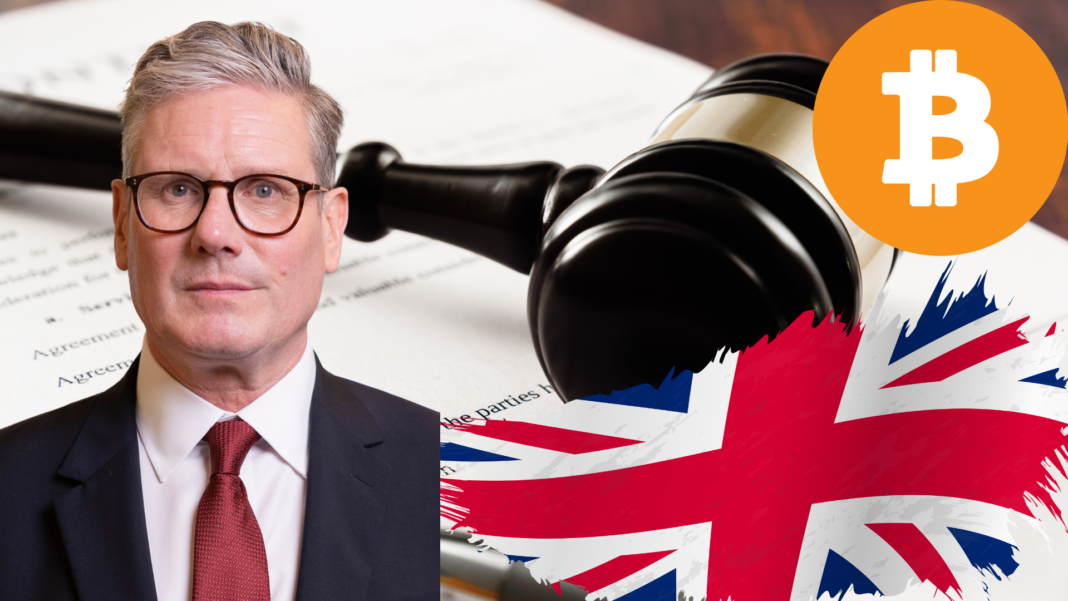A coalition of British trade associations is pushing the government to take a more proactive approach toward blockchain and digital assets.
In a letter sent to Prime Minister Keir Starmer’s office, six major trade groups called for the appointment of a blockchain special envoy and the creation of a dedicated action plan to boost the country’s crypto and blockchain industry.
The request comes as global competitors like the U.S., Singapore, and the UAE continue to invest heavily in blockchain technology, positioning themselves as leaders in the space.
Trade Associations Call for a Clear Crypto Strategy
The letter, addressed to Varun Chandra, the Prime Minister’s adviser on business and investment, highlighted the potential of blockchain to drive economic growth and innovation.
The trade bodies, including the UK Cryptoasset Business Council, techUK, and the Crypto Council for Innovation, stressed the need for strategic government intervention to maintain the UK’s competitive edge.
The coalition recommended that the government appoint a special envoy to lead policy alignment, encourage public sector adoption of blockchain, and strengthen the UK’s position in the global crypto market.
They also urged the government to develop an action plan for digital assets, similar to the one created for artificial intelligence, to attract investments and foster technological advancements.
The letter emphasized that blockchain technology has the potential to create thousands of jobs, boost economic growth, and contribute significantly to the national GDP.
Also Read: UK Court Sentences 7 Gang Members Over $124K Crypto Extortion Scheme
According to research from PwC and Chainalysis, blockchain could add £57 billion to the UK economy over the next ten years and contribute £1.39 trillion to global GDP by 2030.
Regulatory Activities and Challenges in the UK
As the crypto industry grows, so does the need for regulatory oversight to ensure consumer protection and financial security. The UK’s Financial Conduct Authority (FCA) has taken steps in this direction by granting regulatory approval to major cryptocurrency exchanges.
Coinbase recently secured a place on the FCA register, allowing it to operate legally in the country. This marks a significant step in integrating digital assets into the UK’s financial system while ensuring that crypto businesses adhere to compliance requirements.
However, the country is also witnessing an increase in crypto-related scams and fraud. In a recent case, police in Kent reported that nine residents collectively lost £1 million in a cryptocurrency fraud scheme.
Incidents like these highlight the importance of a balanced regulatory approach—one that fosters innovation while protecting investors and preventing illicit activities.
The UK’s potential to become a global leader in blockchain and digital assets depends on the government’s willingness to take decisive action. While the country has made progress in regulatory efforts, trade associations argue that more must be done to attract investment and encourage innovation.
Also Read: Ukraine’s Crypto Tax Debate: Officials Weigh 5-10% Rate vs. 23% Income Tax


